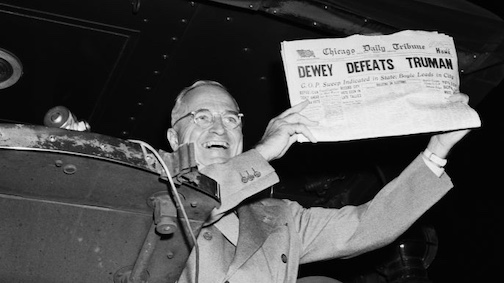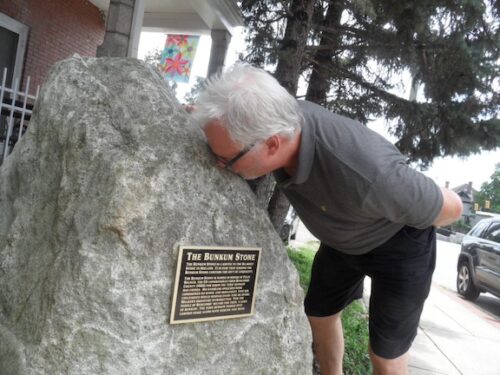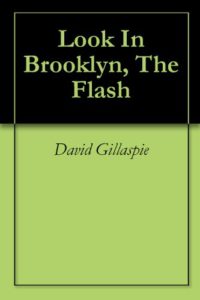Rules for life writing:
-
Get a life.
-
Pay attention.
-
Find a favorable form.
-
Then what?
The best writers write poems, the shorter the better.
How many times have you bailed on a poem because they’re too long?
If writing poems is too hard, write a short story.
My typo came out ‘snort story’ which might be a better goal.
Write a rip snorting short story like old Ernie.
If writing a short story is too daunting, write a novel.
There you have it: The best writers are poets, the good writers are short story writers, and the people who can’t keep track of their word count write novels.
Then there’s everyone else.
After that come the blog writers. Hey O.
Every form of fiction and non-fiction use the same tools with words and punctuation and sentences and paragraphs.
As a baby boomer blogger in Portland, Oregon, call me a Portland boomer if you need to, I have an endless supply of material at my doorstep.
To keep things hopping, I integrate history, personal history and shared history, along with story structure and a limited vocabulary that comes with a college education.
That’s a joke, the sort that isn’t funny.
Stick around long enough and you meet people with incredible intelligence and impressive academic credentials.
And they never stop reminding you about it to the point of ignoring them whenever possible.
Yesterday I drove past the house with smart folks.
The man was standing on top of his step ladder, the step with the warming not to use it as a step, while reaching up to hang Christmas lights.
I said to my wife, “There’s MIT on the job.”
She won’t remember, so maybe I said it to myself.
They live across the street from an older man who had an ambulance outside his house when he fell off his ladder.
Life Writing On A Ladder?
Go ahead and try it. I wouldn’t.
You won’t last long doing it like that.
Find a comfort zone, maybe a few comfort zones.
People in the coffee shop with their laptop are in the zone.
It’s the zone where they are in a public space trying not to be disturbed?
Or, it’ the zone where someone speaks near them and they get upset.
“I’d like a grande latte half-caff with oat milk.”
“Can’t you see I’m working here? I’m working.”
Oops.
Where To Insert Personal History
I took a writing class from an Iowa Writers Workshop graduate who had also done EST.
She said EST was more meaningful than Iowa.
I didn’t like hearing that since I’d been to Iowa and came away a changed man.
I wasn’t there for the writing program.
What changed me was the Junior National Wrestling Championships.
With competent referees who understood the difference between international wrestling rules and high school wrestling rules I would have left Iowa a national champ instead of third place.
But I’m not complaining fifty years later.
At the same time it didn’t instill confidence in me about authority.
If you’ve done something related to the topic you’re writing about, stick it in there and see if it fits.
If not, cut it.
Readers can tell the depth of your knowledge by what you leave out.
Who doesn’t love a writer who gives us credit for our education and doesn’t explain everything to death?
Me. I do.
It’s like the time I took a master class in screenwriting and the teacher had to confirm the elements of common history in my story.
“Did this really happen?”
It was a WWII story with dead-on research.
Not everyone can, or wants to, write about their life, and this is a decision that shows more about them than what they include.
Call it weak. Soft. Not an Iowa standard.
What is the right personal history to include?
The stuff you’d never say out loud.
Don’t worry, you won’t be the first.
Robert Lowell had a profound interest in history and politics; in his poetry he juxtaposed self and history in ways that illuminated both.
His art and his life were inseparably intertwined, and he believed firmly in the identity of self and language.





